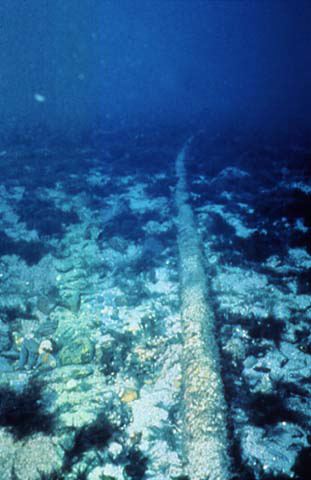Statement on H Res 1194, “Reaffirming the support of the House of Representatives for the legitimate, democratically-elected Government of Lebanon under Prime Minister Fouad Siniora.”
May 20, 2008
March to War in Lebanon?
Madam Speaker I rise in opposition to H. Res. 1194 because it is dangerously interventionist and will likely lead to more rather than less violence in the Middle East.
I have noticed that this legislation reads eerily similar to a key clause in the 2002 Iraq war bill, H J Res 114, which authorized the use of force.
The key resolved clause in H. Res. 1194 before us today reads:
Resolved, That the House of Representatives —
(6) urges–
(A) the United States Government and the international community to immediately take all appropriate actions to support and strengthen the legitimate Government of Lebanon under Prime Minister Fouad Siniora;
The Iraq war authorization language from 2002 is strikingly similar, as you can see here:
(a) AUTHORIZATION- The President is authorized to use the Armed Forces of the United States as he determines to be necessary and appropriate in order to–
(1) defend the national security of the United States against the continuing threat posed by Iraq ;
I am concerned that this kind of similarity is intentional and will inevitably result in US military action in Lebanon , or against Syria or Iran .
I am also concerned over the process of bringing this resolution to the Floor for a vote. I find it outrageous that H. Res. 1194, which calls for more risky US interventionism in the Middle East , is judged sufficiently “non-controversial” to be placed on the suspension calendar for consideration on the House Floor outside of normal order. Have we reached the point where it is no longer controversial to urge the president to use “all appropriate actions” — with the unmistakable implication that force may be used — to intervene in the domestic affairs of a foreign country?
Mr. Speaker, the Arab League has been mediating the conflict between rival political factions in Lebanon and has had some success in halting the recent violence. Currently, negotiations are taking place in Qatar between the Lebanese factions and some slow but encouraging progress is being made. Regional actors – who do have an interest in the conflict – have stepped up in attempt to diffuse the crisis and reach a peaceful solution, and press reports today suggest that a deal between the rival factions may have been reached. Yet at this delicate stage of negotiations the US House is preparing to pass a very confrontational resolution pledging strong support for one side and condemning competing factions. US threats in this resolution to use “all appropriate actions” to support one faction are in fact a strong disincentive for factions to continue peaceful negotiations and could undermine the successes thus far under Arab League moderation.
This legislation strongly condemns Iranian and Syrian support to one faction in Lebanon while pledging to involve the United States on the other side. Wouldn’t it be better to be involved on neither side and instead encourage the negotiations that have already begun to resolve the conflict?
Afghanistan continues to sink toward chaos with no end in sight. The war in Iraq, launched on lies and deceptions, has cost nearly a trillion dollars and more than 4,000 lives with no end in sight. Saber rattling toward Iran and Syria increases daily, including this very legislation. Yet we are committing ourselves to intervene in a domestic political dispute that has nothing to do with the United States.
This resolution leads us closer to a wider war in the Middle East . It involves the United States unnecessarily in an internal conflict between competing Lebanese political factions and will increase rather than decrease the chance for an increase in violence. The Lebanese should work out political disputes on their own or with the assistance of regional organizations like the Arab League. I urge my colleagues to reject this march to war and to reject H. Res. 1194.



